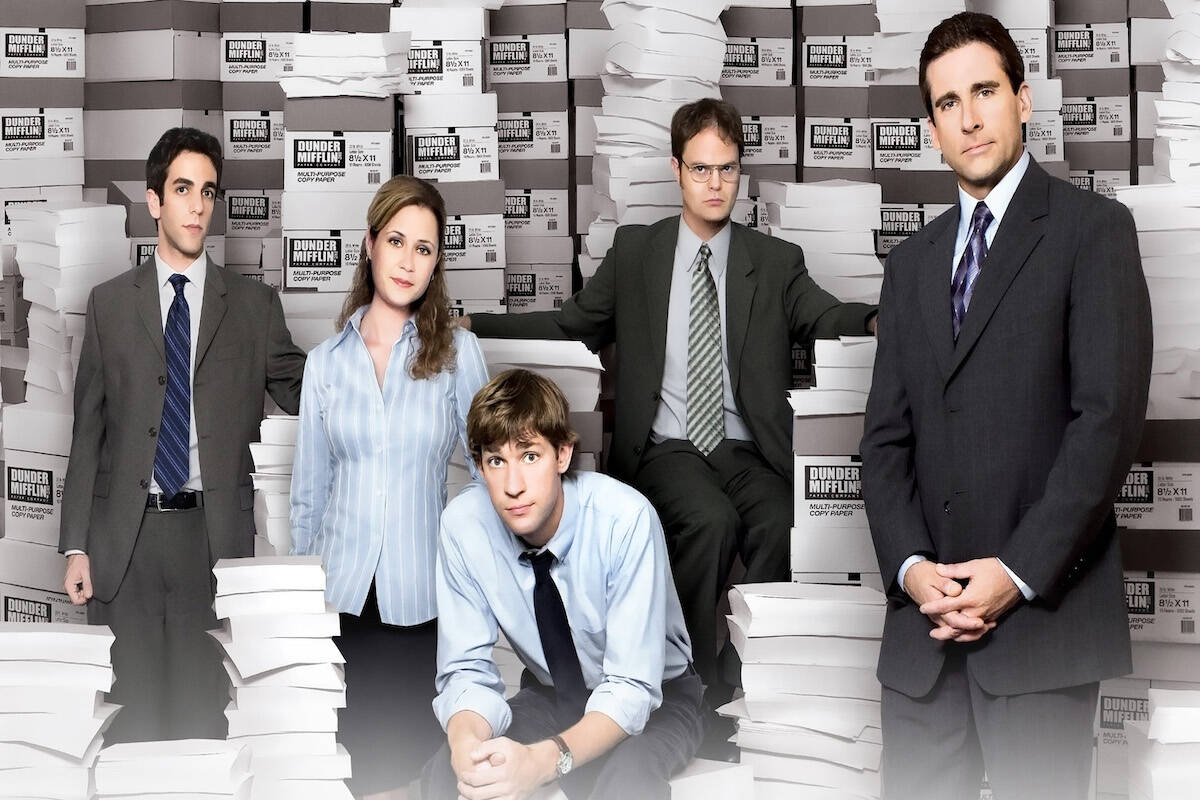New ‘The Office’ spinoff takes place at a Midwestern newspaper

MINNEAPOLIS — “The Office,” a mockumentary that detailed the endearing mundanity of life at Dunder Mifflin, ran from 2005 to 2013. It’s one of those comfort-food series some fans revisit again and again. In 2024 it seems like a time capsule, the last days of 9-to-5 culture before work-from-home upended it all.
There were attempts to conjure spinoffs, like taking ribs from “The Mary Tyler Moore Show” to make “Lou Grant” and “Rhoda,” but they all sputtered out. Now Greg Daniels, who adapted the American version of “The Office,” has announced another run at the paper-related mockumentary genre.
Here’s Peacock’s description: “The documentary crew that immortalized Dunder Mifflin’s Scranton branch is in search of a new subject when they discover a dying historic Midwestern newspaper and the publisher trying to revive it with volunteer reporters.”
The show, still untitled, will no doubt result in a fun bunch of characters, each with a particular quirk. It’s the sitcom formula — and in good hands, it can be marvelous. Daniels has worked on “The Simpsons,” “SNL” and co-created “Parks and Recreation” as well as the brilliant ode to America, “King of the Hill.”
Executive producers are the British co-creators of the original “Office,” Ricky Gervais and Stephen Merchant. There’s too much talent involved not to make you eager to see it.
Let us hope they avoid newspaper cliches, such as the bustling newsroom, loud with ringing phones and clacking typewriters. This isn’t 1937. Newspaper offices no longer have a blue haze of cigar smoke and no one shouts “Copy boy!” or stops the presses because the reckless, charismatic lone-wolf reporter just brought in a scoop about the governor.
A modern newspaper office is a lot like “The Office” office — burbling phones, clanking keyboards and the beep of the microwave in the kitchen. Daniels could’ve set the sequel in an insurance office or real estate firm.
But he chose a newspaper, where notions of public service collide with the realities of commerce. Perhaps he sees the print newspaper as “The Office” saw the paper-supply business: an industry that would be eventually rendered irrelevant by the internet, but plays out its last days as if nothing had happened.